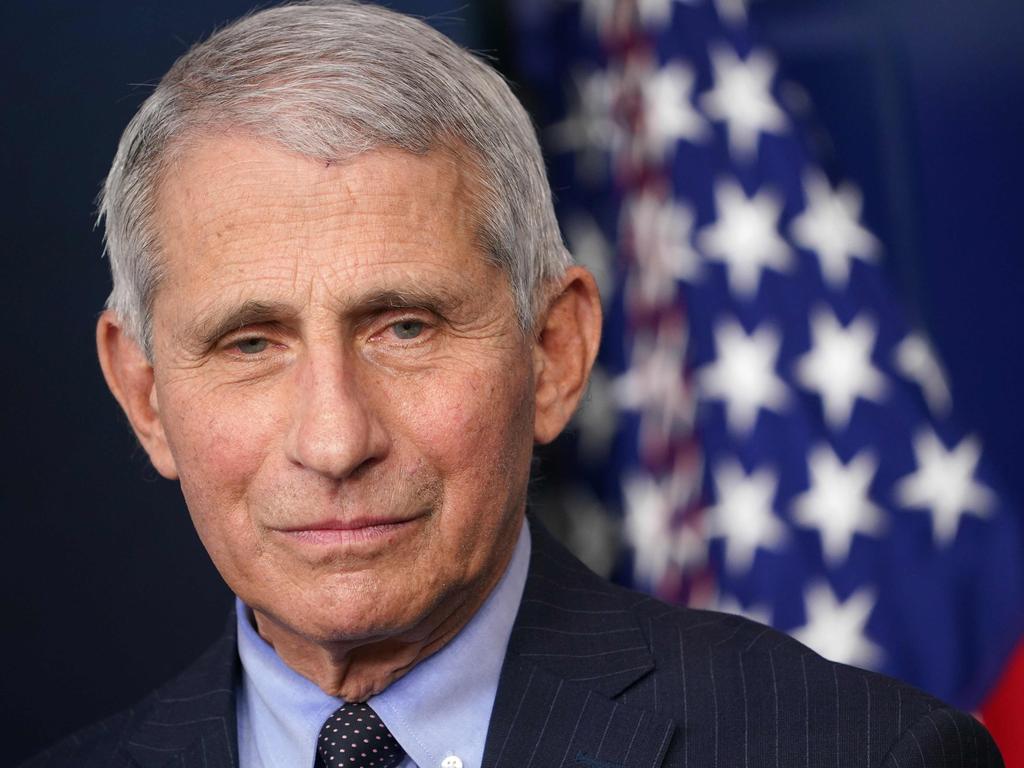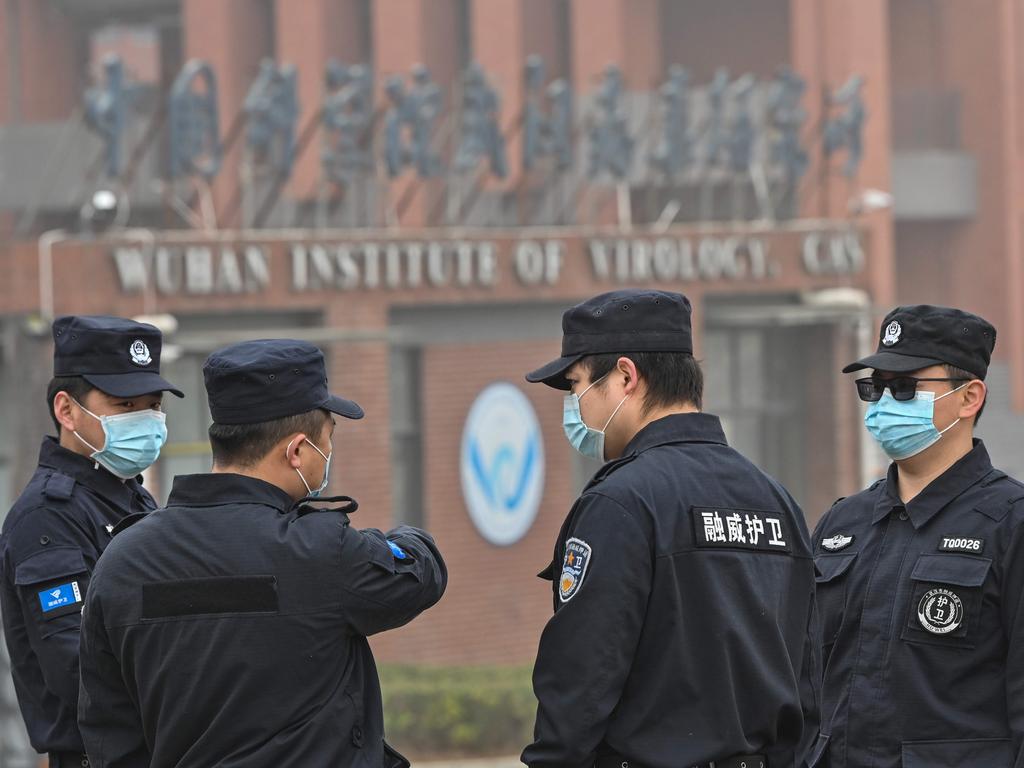Resurgence of lab theory casts doubt on ‘expert’ certainty


In February last year, 27 so-called prominent public health scientists signed a statement published in the Lancet condemning “conspiracy theories suggesting that Covid-19 does not have a natural origin”. They referenced a dozen academic and official papers concluding the pathogen originated in wildlife. The evidence they cited was gossamer-thin, compiled mostly by deeply conflicted Chinese scientists, including a number attached to the Wuhan Institute of Virology.
It is hard not to marvel at the experts’ audacity in dismissing the lab theory so quickly, given the weight of circumstantial evidence already to hand. It had been public knowledge for at least a month that China’s most advanced biowarfare development facility was a few blocks away from the Huanan Seafood Wholesale Market. Senior Chinese military officials had made no secret that they regarded biological weapons as a potential offensive capability. The claim that it had been transmitted to humans through consumption of pangolin or bat soup was already wearing thin and the evasive and misleading behaviour of Chinese officials made it impossible to take their word seriously.

Yet most journalists were prepared to overlook that evidence, if indeed they looked at it at all. The lab theory, according to the ABC’s Norman Swan in May 2020, was “on the outer bounds of possibility, but really so unlikely that you could say … it’s not the case”. Paul Barry devoted two editions of Media Watch that month to attack the journalism of The Australian’s investigations writer, Sharri Markson, claiming “almost every virus expert had dismissed the lab escape theory”.
Now Barry has reluctantly admitted the lab theory has legs, what does that do for his credibility and the reputation of his employer? What weight should we now give, for example, to his assertion in February 2020 that “most bushfire experts agree” bushfires and other extreme weather events were the result of global warming? Or his claim in 2013 that “the world’s medical establishment” and “heart experts around the world” agreed fat and cholesterol caused heart disease? Given the direction of the medical debate even then, such certainty was unwarranted.
The habitual flaw in the reporting is not the theory journalists favour, but the single-minded zeal with which they adopt it and the certainty with which they rule out other possible explanations. Scientific paradigms usually take decades to collapse, like the link between cholesterol and heart disease, giving scientists and commentators time to adapt their views. Covid-19, however, has accelerated the process into overdrive, leaving peddlers of false certainty nowhere to hide.


The embarrassing performance of the experts and their disciples in the media during the Covid-19 crisis is an important theme in Niall Ferguson’s latest book, Doom: The Politics of Catastrophe. Their approach to knowledge resembles that of the first-century Gnostics who drew certainty from personal and esoteric insights and despised traditional teachings. The ability to apprehend the truth without the need for critical reflection, as German political scientist Eric Voeglin noted, is “the special gift of a spiritual and cognitive elite”, people who claim “absolute cognitive mastery of reality”.
The damage caused by such elites in the past is not limited to utopian believers in communism and fascism. Between the 1960s and 80s they became gripped by the certainty of global overpopulation and set out to “control” reproduction in developing countries. The Indian government of Indira Gandhi carried out more than eight million sterilisations, leading to the death of 20,000. The UN supported China’s brutal one-child policy, the societal consequences of which are still playing out.
The networking of human society has created the arteries for contagion, writes Ferguson. Bad ideas have spread rapidly, made worse by blinkered thinking uncomfortable with uncertainty.
“In recent years we may have allowed one risk — namely climate change — to draw our attention away from the others,” writes Ferguson. “In January, even as a global pandemic was getting under way — as flights laden with infected people were leaving Wuhan for destinations all over the world — the discussions at the World Economic Forum were focused almost entirely on questions of environmental responsibility, social justice and governance.”
All of this has occurred in an era when humankind has supposedly crossed the threshold from superstition to science. Yet, as Ferguson says, “modern societies are highly susceptible to surrogate religions and magic, leading to new forms of irrational activity that, on close inspection, are quite similar to pre-1700 behaviours”.
Moral faith is more commonly determined from politics than religion. Journalists succumbed to the temptation to lay all the blame for the pandemic on former president Donald Trump. “This was the kind of error Tolstoy mocks in War and Peace: the tendency to attach too much importance in the historical process to individual leaders,” says Ferguson. “In reality, there were multiple points of failure in 2020.”
The distillation of complex problems into single-cause challenges with simple solutions is the hallmark of the expert class. Future generations may wonder how the scientifically advanced world community of 2020-21 became convinced it could control something as complicated as a pandemic through the brutality of a lockdown and a magic vaccine. They may regret our expert class remained stubbornly incurious to the virus’s human origins.
In searching for a redemptive note to end his book, Ferguson suggests the chronic failures of institutions and bureaucracies in the US might trigger disruption and a return to progress. “By killing those parts of our system that failed this test, Covid-19 might just make us stronger,” he writes.
We can but hope.
Nick Cater is executive director of the Menzies Research Centre.







It is hardly the first time the experts have had egg on their faces. Nor is it their most costly mistake. Yet the upending of the conventional wisdom on the origins of Covid-19 is a reputational blow from which the experts and their media disciples do not deserve to recover.